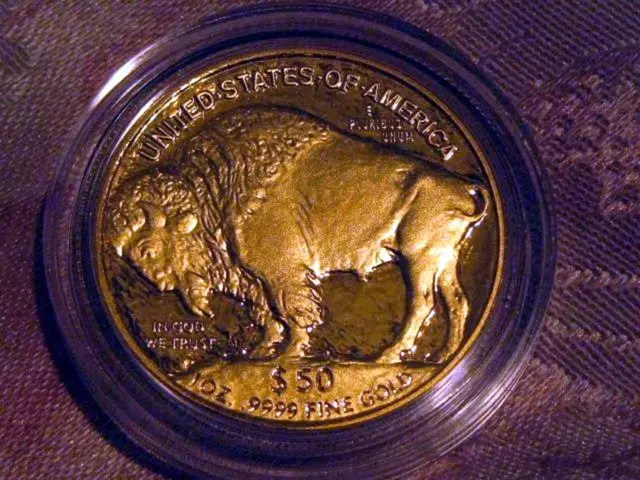Trump lifted restrictions on AI chip imports, benefiting Nvidia's shares.
Nvidia's shares surged 3.1% to $116.99 on Wednesday, following reports that the Trump administration plans to scrap the AI diffusion rule proposed by the Biden administration. This rule had restricted exports of advanced chips used in AI. The Philadelphia Semiconductor Index followed suit, lifting by 1.7%, and AMD shares saw a similar 1.7% uptick.
According to Bloomberg, the Trump administration aims to replace the complex and bureaucratic AI rule with a more straightforward one, easing export controls on tech companies and promoting American innovation in AI. The new rule is expected to be less burdensome for American companies, enabling them to sell their products globally with fewer restrictions.
Nvidia, which has been affected by Biden's restrictions, welcomed the move: "We welcome the administration's leadership and new direction on AI policy". The company believes that the repeal of the AI diffusion rule will provide America with an opportunity to lead the next industrial revolution.
Though some restrictions on China may stay in place or even tighten, the reversal suggests a more flexible and diplomatic approach. Despite the rally, Nvidia's outlook remains potentially fragile. Its stock recently triggered a so-called "death cross," with its 50-day moving average of $127.38 falling below its 200-day. This bearish sign indicates long-term weakness, as analysts have noted.
While some export restrictions targeting China will remain, the Trump administration reportedly may introduce new ones targeting diversion hotspots like Thailand. This strategy allows for pressure on Beijing while offering exemptions to other countries viewed as allies or commercial partners.
Though concerns have been raised about the potential risks to American intellectual property, chipmakers like Nvidia appear to support the change. Their view is that China is becoming increasingly capable of developing its own technological capabilities, making it wiser to profit from selling U.S. products to China rather than restricting exports.
In essence, the Trump administration is Championing a more lenient policy on exporting advanced AI chips and related technology, seeking to benefit American tech companies' global sales while maintaining U.S. dominance in AI technology. However, the specifics of the new rules have yet to be finalized and announced.
[1] The Biden AI rule was seen as overly complex and burdensome, potentially limiting the ability of American companies to sell their products abroad and imposing strict controls on which countries could buy them and in what quantities. Additionally, countries like Saudi Arabia and the UAE have been lobbying to have export restrictions loosened. However, some AI companies have expressed concerns that too lenient export controls could jeopardize U.S. intellectual property protections.
[1] The Biden administration's AI rule, considered complex and burdensome, was planned to restrict exports of advanced chips used in AI, limiting American companies' global sales and imposing stringent controls on the countries allowed to buy them.
[2] Nvidia, a tech company affected by Biden's restrictions, has welcomed the Trump administration's decision to scrap the AI diffusion rule, viewing it as an opportunity to lead the next industrial revolution.
[3] The new rule, aimed at replacing the previous one, is expected to be less burdensome to American companies, promoting their global sales and easing export controls.
[4] Despite some potential restrictions on China remaining, the Trump administration has threatened to introduce new ones targeting diversion hotspots like Thailand, balancing pressure on Beijing with exemptions for allies or commercial partners.
[5] The Trump administration is advocating for a more lenient policy on exporting advanced AI chips and related technology, aiming to strengthen American tech companies' global sales while maintaining U.S. dominance in AI technology, although the specifics of the new rules are yet to be announced.








